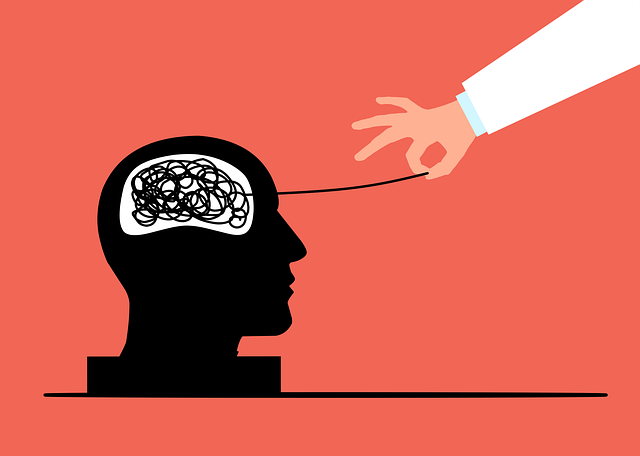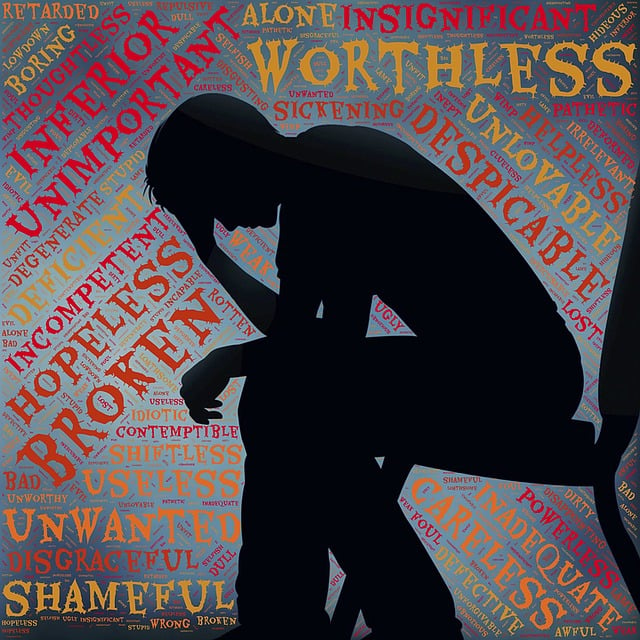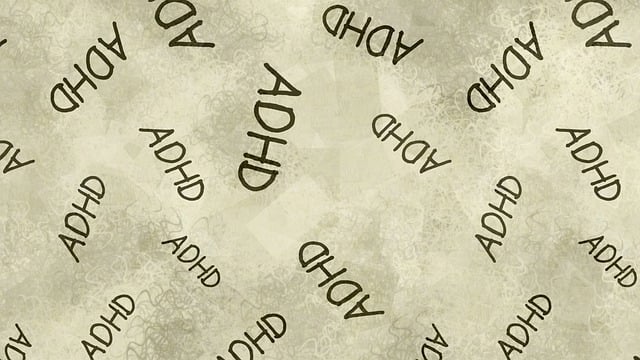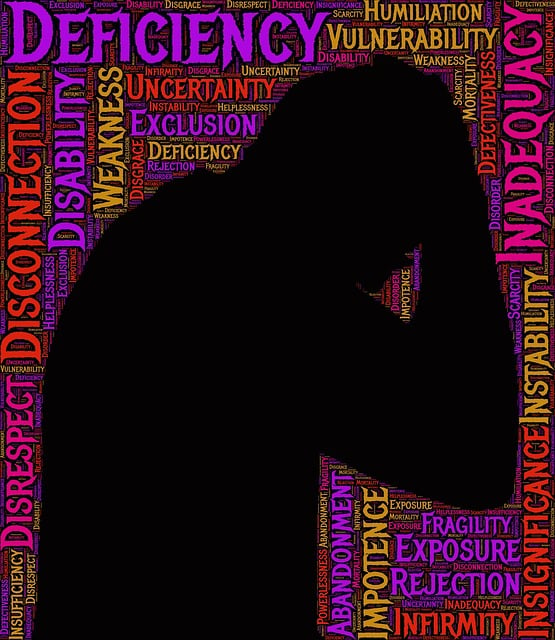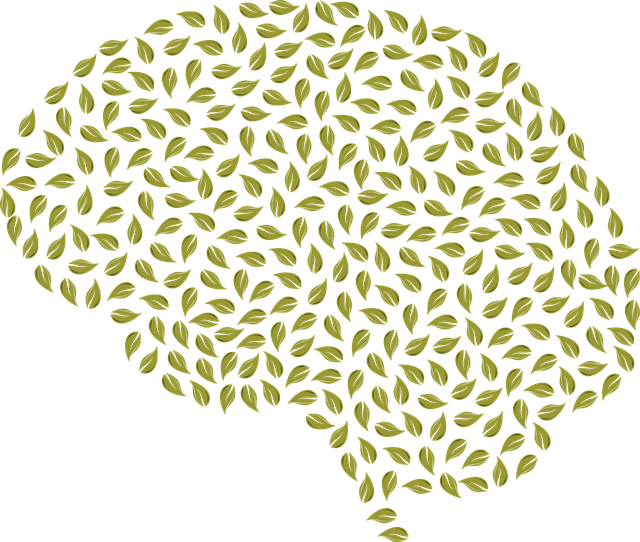Culture plays a pivotal role in treating adult sexual dysfunction (TSD), with therapists needing to embrace cultural sensitivity as a powerful tool. By understanding and respecting diverse cultural norms, therapists create safe environments fostering trust and open dialogue. This approach involves tailoring therapy techniques, such as self-awareness exercises and conflict resolution strategies, to align with individual cultural backgrounds. Through active listening, empathy, and addressing biases, therapists empower clients from conservative communities to overcome shame and guilt barriers. Culturally competent therapy enhances treatment outcomes, integrating mindfulness practices, wellness journaling, and stress management workshops to create inclusive, empowering environments for TSD patients.
Mental healthcare practices increasingly recognize the significance of cultural sensitivity in treating diverse patient populations. This article explores key aspects of cultural competence, focusing on how cultural background impacts adult sexual dysfunction—a condition that often intersects with social and psychological factors. We offer practical strategies for therapists to facilitate culturally competent sessions and provide tools and resources enhancing care for mental health professionals. By integrating these insights, we strive to improve outcomes for all individuals seeking therapy, especially those dealing with adult sexual dysfunction.
- Understanding Cultural Sensitivity in Mental Healthcare
- The Impact of Cultural Background on Adult Sexual Dysfunction
- Strategies for Culturally Competent Therapy Sessions
- Enhancing Care: Tools and Resources for Mental Health Professionals
Understanding Cultural Sensitivity in Mental Healthcare

In the realm of mental healthcare, cultural sensitivity is a game-changer that fosters effective therapy for adults with sexual dysfunction. It involves recognizing and appreciating the diverse values, beliefs, and practices of individuals from different cultural backgrounds. Given the sensitive nature of sexual health issues, understanding a client’s cultural context is essential to creating a safe and non-judgmental environment. By incorporating cultural sensitivity, therapists can enhance their ability to connect with clients, ensuring they feel understood and respected throughout the therapeutic journey.
This approach encourages professionals to adapt their practices, incorporating relevant cultural elements into therapy sessions. For example, therapists might use self-awareness exercises tailored to address specific cultural norms related to sexual health. Additionally, conflict resolution techniques can be culturally adapted to help individuals manage mood disorders while respecting their traditional ways of resolving disputes. Such a nuanced understanding not only improves therapy outcomes but also promotes the overall well-being of clients from diverse cultural backgrounds.
The Impact of Cultural Background on Adult Sexual Dysfunction

Understanding the impact of cultural background on adult sexual dysfunction is essential in mental healthcare. Different cultural norms and values can significantly influence attitudes towards sexuality, relationships, and intimate behaviors. For example, individuals from communities with more conservative views on sex may experience a greater sense of shame or guilt associated with sexual dysfunctions, hindering their willingness to seek therapy for adults sexual dysfunction.
Cultural sensitivity in treating adult sexual dysfunctions involves incorporating coping skills development and compassion cultivation practices tailored to the patient’s background. Crisis intervention guidance can be adapted to respect cultural contexts, ensuring that interventions are not only effective but also culturally competent. By doing so, mental health professionals can foster a safe and supportive environment, encouraging open communication and helping individuals navigate their sexual challenges with dignity and understanding.
Strategies for Culturally Competent Therapy Sessions

In culturally competent therapy sessions, therapists must be mindful of their own biases and assumptions, acknowledging that every client comes from a unique background and experiences the world differently. This awareness is crucial when addressing issues like adults sexual dysfunction, which can be influenced by cultural taboos, values, and beliefs. Therapists should engage in active listening, allowing clients to express themselves freely, while demonstrating genuine empathy and respect for their perspectives.
Effective strategies include incorporating mental health education programs designed specifically to address cultural nuances, fostering open dialogues about sensitive topics, and using empathy-building techniques. By creating a safe, non-judgmental space, therapists can help clients explore and overcome challenges related to anxiety relief, sexual health, and personal growth, tailored to their cultural context.
Enhancing Care: Tools and Resources for Mental Health Professionals

In enhancing care for diverse patient populations, mental health professionals can leverage a variety of tools and resources. Cultural sensitivity training equips practitioners with the knowledge to navigate different belief systems and customs, ensuring every individual receives respectful, tailored treatment. This includes understanding unique perspectives on mental health, wellness, and healing practices across various cultural groups. For instance, integrating mindfulness techniques that resonate with a patient’s cultural background can significantly boost their confidence in therapy for adults with sexual dysfunction.
Additionally, utilizing resources like mental wellness journaling exercises guidance and stress management workshops organized by culturally competent organizations can enrich therapeutic approaches. These tools not only foster open communication but also empower patients to take an active role in their mental health journeys. By combining these strategies, mental health professionals create inclusive environments that promote healing and positive outcomes for all individuals seeking care, addressing issues like sexual dysfunction with cultural sensitivity.
Cultural sensitivity in mental healthcare is paramount, especially when addressing issues like adult sexual dysfunction. By understanding the impact of cultural background on these conditions, mental health professionals can employ culturally competent strategies that create inclusive and effective therapy sessions. Utilizing tools and resources tailored to diverse populations enhances care, ensuring that everyone receives personalized support. This approach not only improves outcomes but also fosters a more equitable and accessible mental healthcare system, particularly for those dealing with sexual dysfunction across various cultural contexts.
